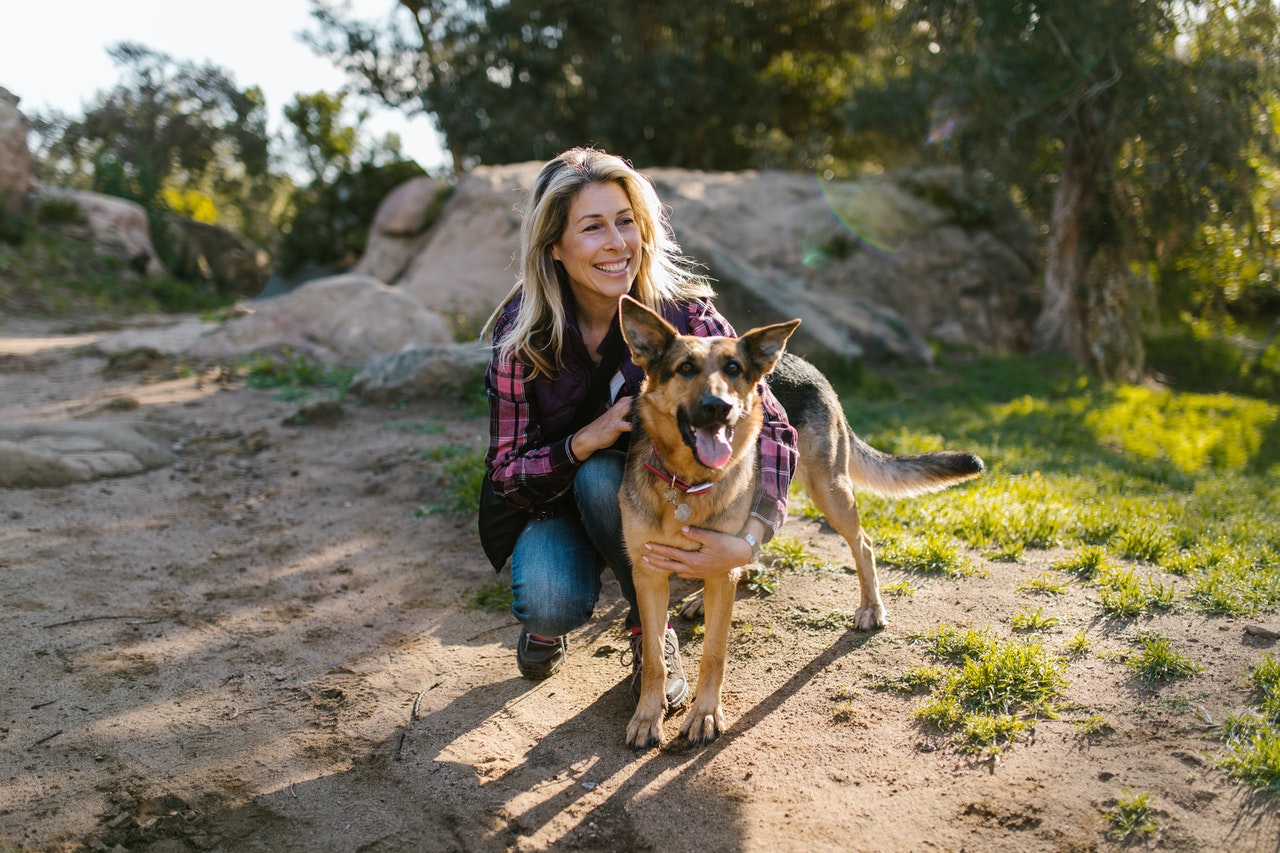
If you had a near-death experience, would things change about your life? Would you be content with the life you’d lived? What would you regret that you didn’t do? How do you want to be remembered?
Types of Unexpected Grief
For most, when they do pass, it’s something they weren’t aware of and had not planned their lives to end at that time. For this type of passing, those mourning are more likely to experience symptoms related to complicated/traumatic grief, exaggerated grief, or disenfranchised grief. You might become overwhelmed with unanswered questions, experience anger towards medical staff or religion, or you can also have survivor’s guilt that overflows into your relationships with others. Everyone is impacted when a death occurs, and it’s natural to struggle with your mental health after a death has occurred.
The Goldilocks Affect
However, if you are considered to be in good health, fearing death should not impact your daily life or limit your decisions. If this is the case, we would encourage you to share your fears with a mental health professional and explore key points presented in this post with them. A small amount of fear is expected and is an innate part of our survival skills that have evolved. Without this built-in fear, we won’t see risks as risks and might have negative consequences from doing things that we know aren’t good for our health. To simply describe this phenomenon, it’s like the goldilocks effect. Having a medium dose of fear is good and expected but having too much or a lack of fear is not good.
End-Of-Life Mindfulness
Let’s say you either had a near-death experience, a family member unexpectedly passed away, or you were given a life-limiting diagnosis and suddenly forced to face questions about death and your fears. Most would expect things to change, but what would you imagine those things would be? How would your mood or feeling shift? Would you notice yourself withdrawing or feeling an increased need to accomplish certain things in response? To truthfully and safely answer the questions, it might take time, mindfulness, and maybe support from a trusted source.
Being mindful is often overlooked, but researchers have found that it’s linked to higher positive emotions, better relationships, stronger immune systems, and helps with our ability to cope and self-soothe. In other words, if you can incorporate mindfulness into your routine, you’ll likely see the impacts in other areas of your life. A great place to start is to take five minutes to think about your day and the memories made on that day that you’re grateful for.
Bucket List & Memories Made
Or, if you want to challenge yourself about your fears, you might think about the scenarios mentioned earlier and think about your life so far. You could even go a step further and start thinking about what might be on your bucket list, big or small. Where would you like to travel, what concerts would you like to attend, what sport would you like to pick up, is there someone you need to thank, and is there a job you would like to have? The great thing about a bucket list is that it is completely personal to you, and you get control over what goes on them. Going back to the Goldilocks Principle, it’s also good to have a mix of things that you can know that can be easily done, some things that are harder to accomplish, and things that would be lifelong memory or be done by luck of chance.
Cunff, A. (n.d.). The Goldilocks Principle of stress and anxiety. Ness Labs. Kelly, L. & Ertel, A. (2021, Sep. 23). 16 Different types of grief people experience. Talk Space. The Positive Psychlopedia. (n.d.). The year of happy: The benefits of mindfulness.

